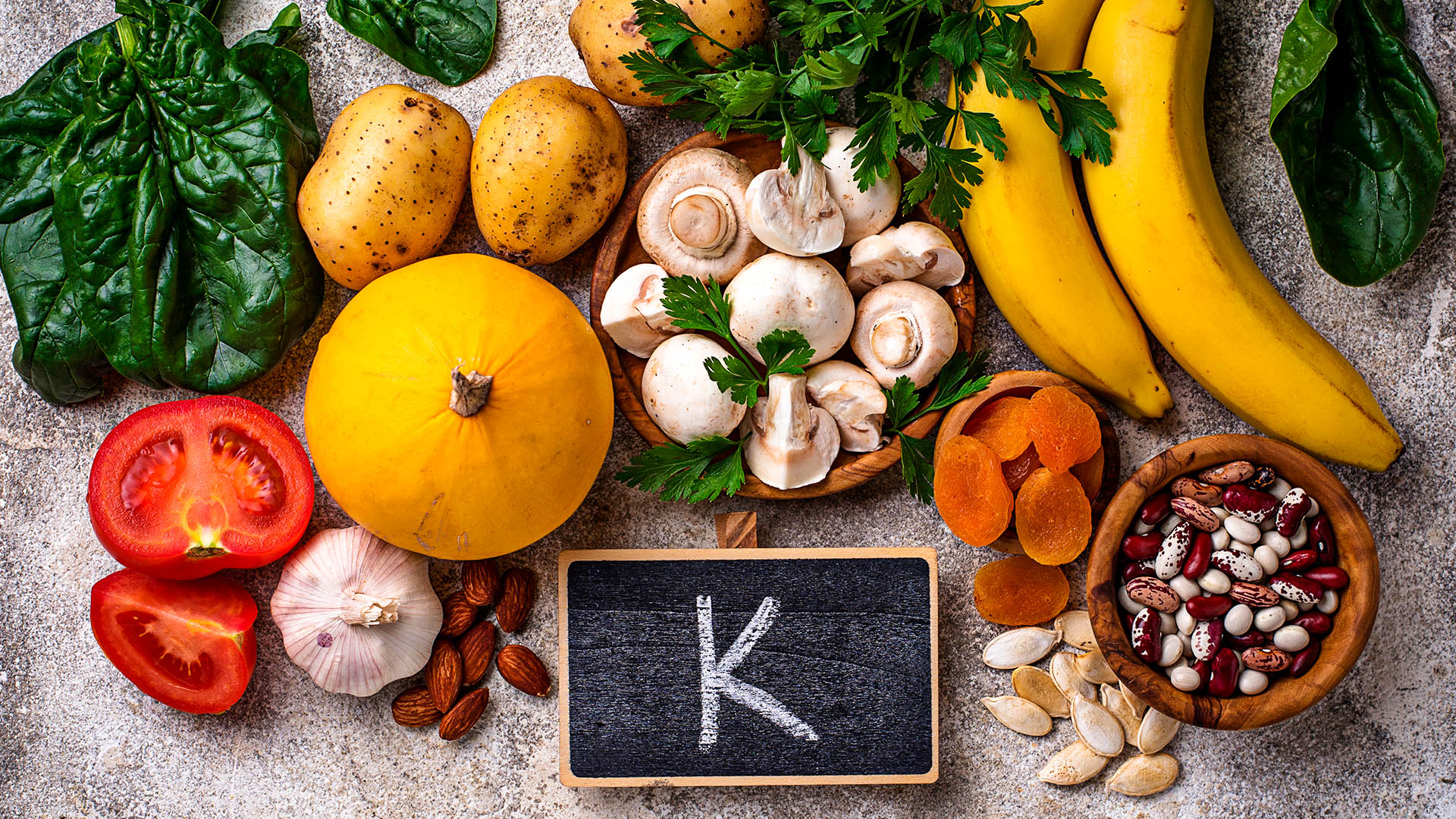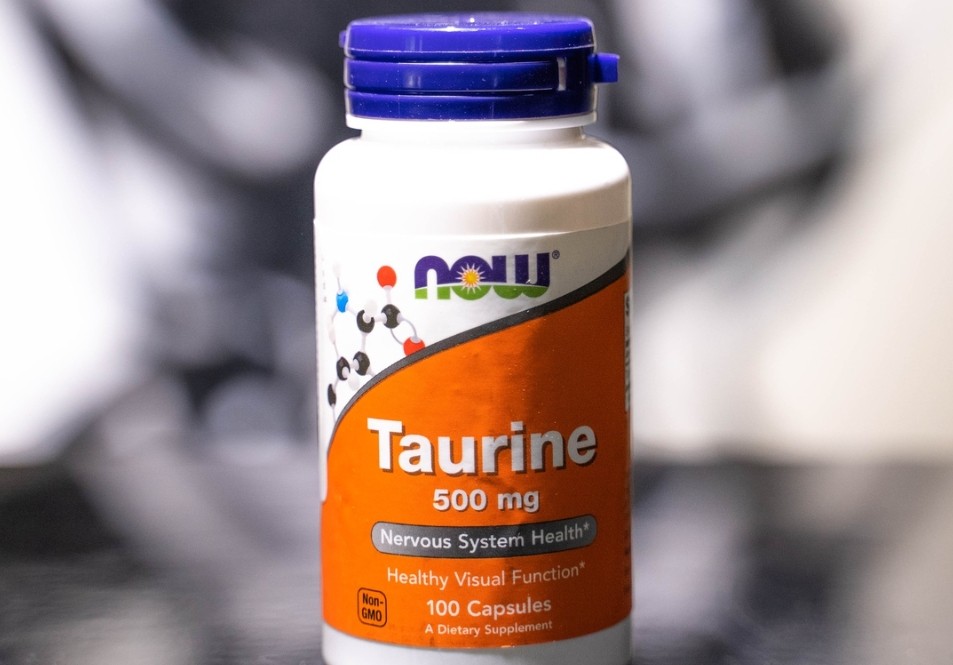Pregnancy is a crucial time in a woman’s life, as her body undergoes numerous changes to support the growth and development of a new life. During this period, maintaining proper nutrition is essential to ensure the health and well-being of both the mother and the baby. While a balanced diet should ideally provide most of the necessary nutrients, some pregnant women may consider taking supplements to meet their increased nutrient requirements. However, it’s important to understand which supplements are safe and beneficial during pregnancy, and which ones should be avoided to prevent any potential harm. In this comprehensive guide, we will discuss the supplements that are generally considered safe for pregnant women and those that should be approached with caution.
Safe Supplements During Pregnancy:
Prenatal Multivitamins:
Prenatal multivitamins are specifically formulated to meet the increased nutrient demands of pregnant women. They usually contain essential vitamins such as folate, iron, calcium, and vitamin D, which are important for the healthy development of the baby and the overall well-being of the mother. It is recommended to choose a prenatal vitamin approved by healthcare professionals.
Folic Acid:
Folic acid is crucial for preventing neural tube defects in the developing fetus. It is typically recommended that women start taking folic acid supplements at least one month before conception and continue throughout the first trimester. The recommended daily dosage is 400-800 micrograms (mcg).
Iron:
Iron plays a vital role in producing red blood cells and preventing anemia. During pregnancy, iron requirements increase significantly. Pregnant women should consider taking iron supplements if their iron levels are low or if they are at a higher risk of developing iron deficiency anemia. However, it’s important to consult with a healthcare provider before starting any iron supplement.
Omega-3 Fatty Acids:
Omega-3 fatty acids, particularly DHA (docosahexaenoic acid), are crucial for the brain and eye development of the baby. They also have potential benefits for the mother, including reducing the risk of preterm birth and promoting overall cognitive function. Omega-3 supplements derived from fish oil or algae are considered safe during pregnancy. It is advisable to choose a reputable brand that ensures purity and quality.
Vitamin D:
Vitamin D is essential for the absorption of calcium and the development of strong bones and teeth. It also plays a role in immune function. While sunlight is a natural source of vitamin D, supplementation may be necessary for women with limited sun exposure or those with vitamin D deficiency. A daily intake of 600-800 IU (International Units) of vitamin D is generally recommended during pregnancy.
Supplements to Approach with Caution:
Herbal Supplements:
Many herbal supplements have not been extensively studied for their safety during pregnancy. Some herbs may have uterine-stimulating properties or contain substances that can be harmful to the developing fetus. It is advisable to avoid herbal supplements or consult a healthcare provider before using them during pregnancy.
Vitamin A:
High doses of vitamin A, especially in the form of retinol, can be teratogenic, meaning they can cause birth defects. Pregnant women should avoid taking vitamin A supplements exceeding the recommended daily intake (770 mcg RAE). However, consuming vitamin A from natural food sources such as fruits and vegetables is safe.
Herbal Teas:
While some herbal teas are generally considered safe during pregnancy, others may contain ingredients that could be harmful. Certain herbal teas like chamomile, peppermint, and ginger are usually considered safe in moderate amounts. However, it is advisable to consult with a healthcare provider before consuming herbal teas, especially those containing herbs with potential adverse effects.
Weight Loss Supplements:
Weight loss supplements or products marketed as fat burners should be strictly avoided during pregnancy. These supplements often contain stimulants or other ingredients that can be harmful to the baby. It is crucial to focus on a balanced diet and regular exercise to maintain a healthy weight during pregnancy.
Excessive Caffeine:
- While not a supplement per se, it’s worth mentioning that excessive caffeine intake should be limited during pregnancy. High caffeine consumption has been associated with an increased risk of preterm birth, low birth weight, and developmental delays. It is advisable to limit caffeine intake to less than 200 mg per day, which is roughly equivalent to one 12-ounce cup of coffee.
- It’s important to note that individual nutrient needs can vary, and each pregnancy is unique. Therefore, it is crucial to consult with a healthcare provider or a registered dietitian before starting any supplements during pregnancy. They can assess your specific nutritional needs, evaluate any potential risks, and provide personalized recommendations to ensure a healthy pregnancy.
- In conclusion, while certain supplements are generally considered safe and beneficial during pregnancy, others should be approached with caution or avoided altogether. Prenatal multivitamins, folic acid, iron, omega-3 fatty acids, and vitamin D are commonly recommended for pregnant women. On the other hand, herbal supplements, excessive vitamin A, certain herbal teas, weight loss supplements, and excessive caffeine should be used sparingly or avoided due to potential risks. Prioritizing a well-balanced diet, along with appropriate supplementation under healthcare professional guidance, will help ensure the best possible outcomes for both the mother and the baby.
- Benefits of THC-O Products - July 18, 2023
- Supplements During Pregnancy: What’s Safe and What’s Not - July 11, 2023
- 9 Signs and Symptoms of Copper Deficiency - July 11, 2023











